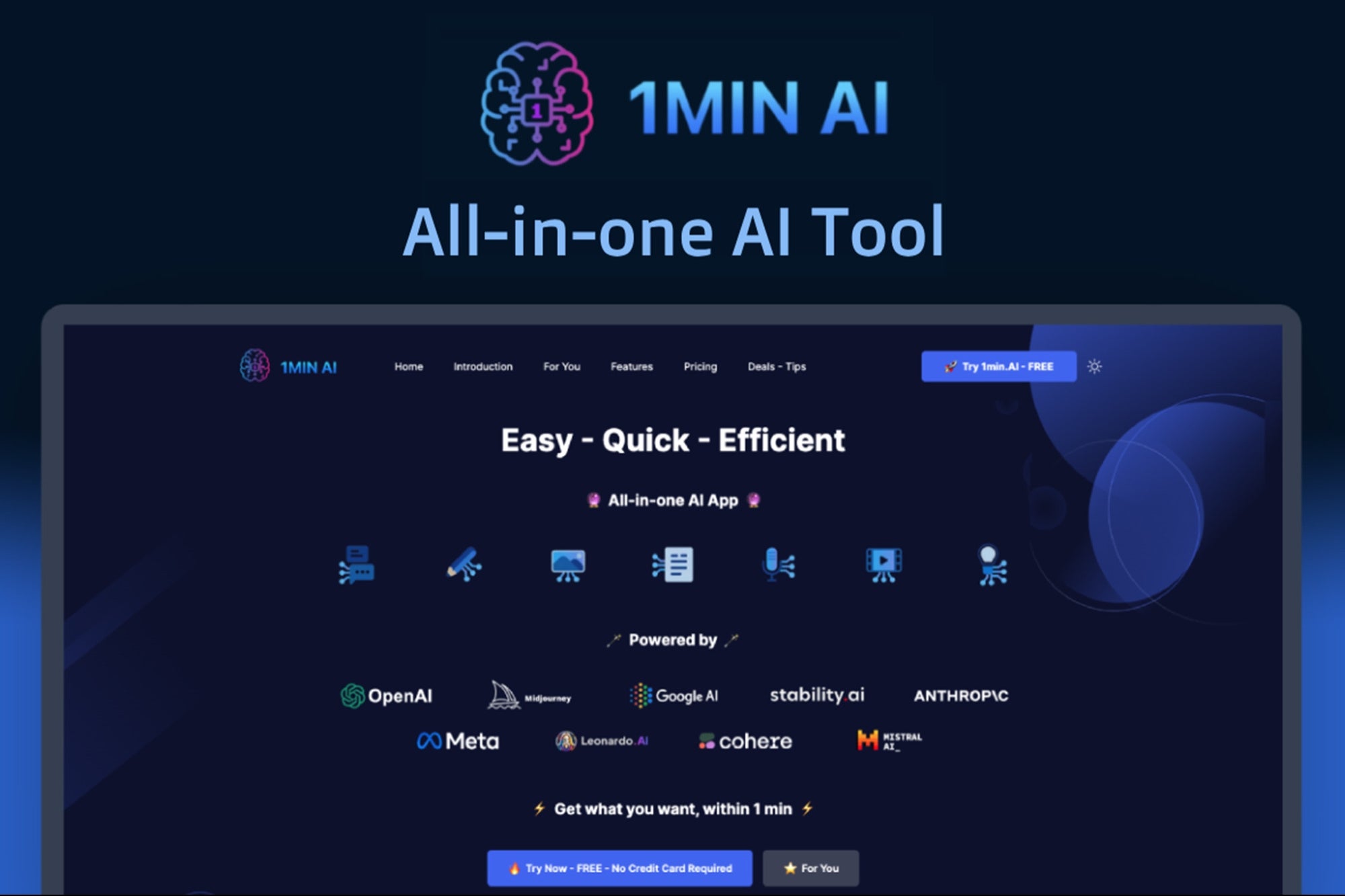One Easy Way for Solopreneurs to Grow Their Business Without Working More Hours Group programs allow solopreneurs to work with more clients in a scalable way.
By Kamila Gornia Edited by Dan Bova
Opinions expressed by Entrepreneur contributors are their own.

Service-based entrepreneurs and solopreneurs make up more than a third of the workforce.
While being self-employed has many benefits, such as being your own boss, it also has some challenges. Solopreneurs often find themselves working around the clock, struggling to balance time, find the right number of clients to support their needs and increasing their cash flow.
Related: 9 Steps to Increase the Value of Your Business
One of the biggest reasons most solopreneurs struggle to increase cash flow is because they don't have their business model structured in a way that supports more stability.
Most people I speak with are in an unpredictable roller coaster mode where their monthly income is constantly in flux.
Compounding the matter is that solopreneurs are often overworked and think that the only ways to create more income are to work more, increase prices and add clients.
The benefits of a group program
Group programs allow solopreneurs to work with more clients in a scalable way that still allows them to achieve desired results while having more balance between work and life. A group program is somewhere between a self-study course, where the onus is on the student to learn and implement, and one-on-one work with a client where the entrepreneur does all the work.
They are a great way to create a scalable offering where clients receive experience and results without the solopreneur being as directly involved with the client as they would be in a one-on-one situation.
Related: Why More One-Person Businesses Are Breaking $1 Million Dollars In Revenue
Group programs can be made to fit any industry -- I've helped graphic designers, copywriters, virtual assistants and even product-based businesses create small group programs that allow them to support clients without the demands of one-on-one work.
This not only allows the solopreneur to bring in more cash flow without working extra hours, it also opens the door to add clients they wouldn't have been able to work with otherwise.
Structuring a group program
There are numerous ways programs can be delivered and structured, depending on the solopreneur's goals and objectives.
For scalability and stability, I recommend longer-term programs, which typically last four to six months.
The benefit to these programs is that the entrepreneur can secure stable income for a set period of time while projecting future income. It's also a way for solopreneurs to take away the pressure of trying to enroll new clients every month and take more time to focus on curating existing clients, or creating the next group program.
Related: 4 Differences Between Solopreneurs and an Entrepreneur Working Alone
When building a group program, structure it in a way that it doesn't increase your time at the office. In other words, don't add so many clients to the group that it causes you to work more.
The size of the group can vary depending on the program set-up, as well as the capacity you have to work on a group program, but I recommend small groups of no more than 10-20 clients.
A common program setup is where the clients work together for six months with weekly, bi-weekly or monthly pre-set group coaching calls.
The structure will largely depend on the type of business you have, but if you're a life coach, for example, you could have question and answer sessions. If you're offering services where you're teaching people how to do something, the calls may be for reviewing clients' work or providing constructive feedback.
Another structure for a group program is hosting a training about a specific topic or theme. Programs like this typically have a curriculum associated with it that includes specific steps and milestones throughout. With curriculum based programs, most clients are all starting from the same knowledge base because they want to learn something, or more, about a specific topic.
Related: 14 Free Tools Every Solopreneur Needs
The mastermind model
A popular group program model is a six- to 12-month program that's often called a mastermind, which typically involves a different level of clients.
A mastermind is different from the training- and curriculum-based group programs in that it's about building a community of people supporting each other and providing feedback without a set curriculum or agenda for the full experience. The clients are usually all experts in their fields and share ideas and strategies that have worked for them. It's a program where the solopreneur would facilitate the conversation between all members rather teach or train the entire time.
The mastermind can be highly structured where it would include specific themes for each month, or it can be a loose structure, which means it may be easier to implement.
Ultimately, it should be dependent on the types of clients in the group. The loosely structured mastermind is typically for people that are highly advanced in their industry. Masterminds are also a great fit for an in-person retreat or multiple meetings during the 12 months.
Related: I Started Saying 'No' to These 6 Things. My Life and My Business Got a Lot Better.
Adding bonus offerings for maximum impact
If you're looking to add a bonus offering to your group program, an easy add-on is private, one-on-one access for a higher level of client support. If you're offering done-for-you work, perhaps each client gets a small piece of work from you, such as email support or Facetime support, as part of the add-on to the program.
Offering group programs is an easy to implement solution to many of the challenges solopreneurs face. It's a structured way to add clients and increase income, without having to add time to your work day.
Related Video: How This Entrepreneur Went From Solopreneur to Employing More Than 500










